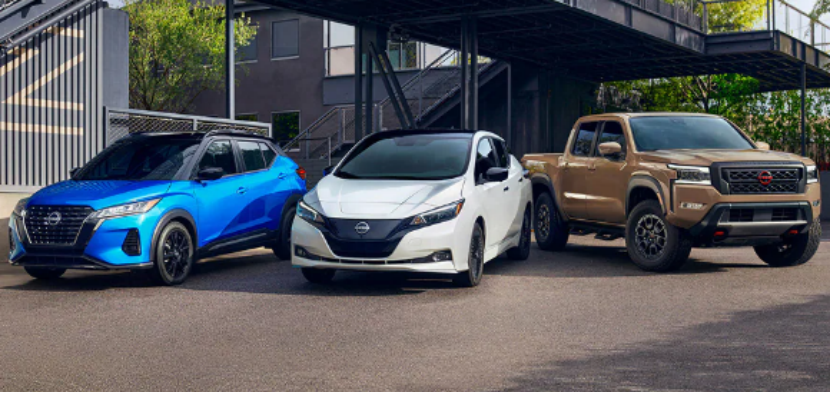According to reports, Nissan has notified its suppliers that the production start dates for two electric crossovers at its Canton, Mississippi plant will be delayed by nearly a year. A memorandum obtained by Automotive News indicates that the production of the Nissan-branded crossover, codenamed PZ1K, will be postponed to November 2028, while the Infiniti-branded model, codenamed PZ1J, is now scheduled to begin production in March 2029. The delay is attributed to a recent slowdown in demand for electric vehicles in the U.S. This decision came just three days after President Trump signed a budget bill terminating the electric vehicle tax credit policy, which will eliminate the $7,500 federal tax credit for electric vehicles and the $4,000 credit for used electric vehicles starting September 30. This change is expected to severely impact the already weak demand for electric vehicles in the U.S. A Nissan spokesperson stated, "We made a strategic decision to adjust the electric vehicle production timeline for the Canton plant to ensure the facility continues to launch highly competitive models that exceed customer expectations." Notably, Nissan's next-generation electric vehicles will be developed on a new platform specifically designed for American crossovers, sedans, and potential light trucks. This scalable architecture can support up to five electric vehicles in compact and adjacent market segments. The two electric crossovers were showcased in a media event in Japan at the end of March, featuring a longer wheelbase than the Nissan Rogue but similar internal space to the Nissan Pathfinder. Previously, Nissan aimed to sell 200,000 electric vehicles in the U.S. by 2028. However, Christian Meunier, chairman of Nissan's Americas region, acknowledged on April 16 that achieving this goal would be more challenging and dependent on changes in regulatory policy. In April, Nissan also informed its suppliers about the cancellation of two electric sedans' launch plans and is reassessing the crossover development timeline. Meunier pointed out, "The U.S. sedan market is shrinking, and we need to face reality."
Nissan Delays Electric Crossover Production in Mississippi by Nearly a Year

Share this post on: